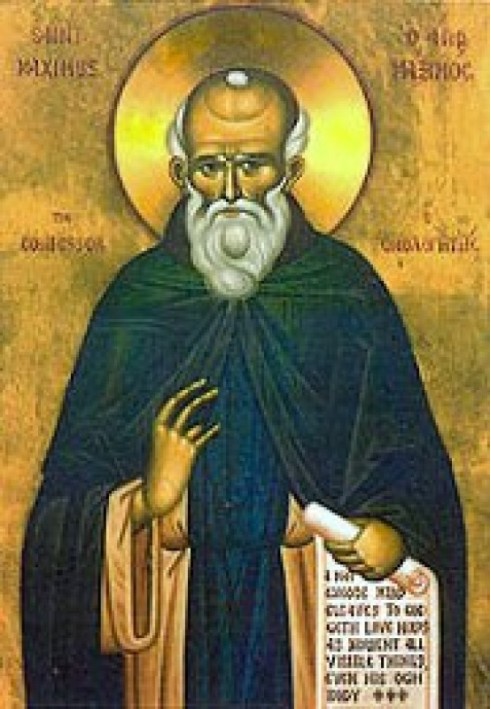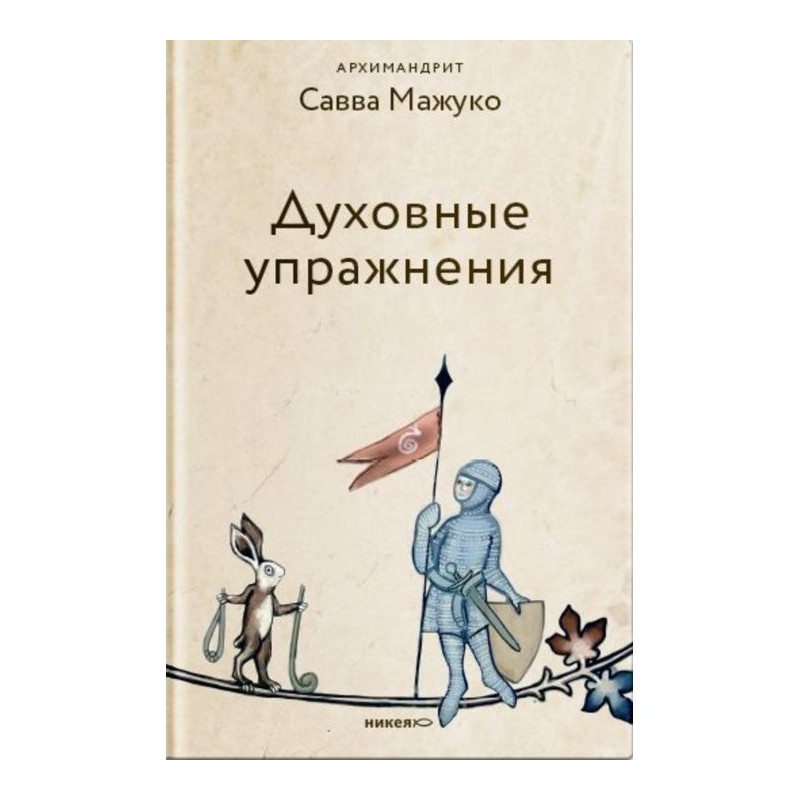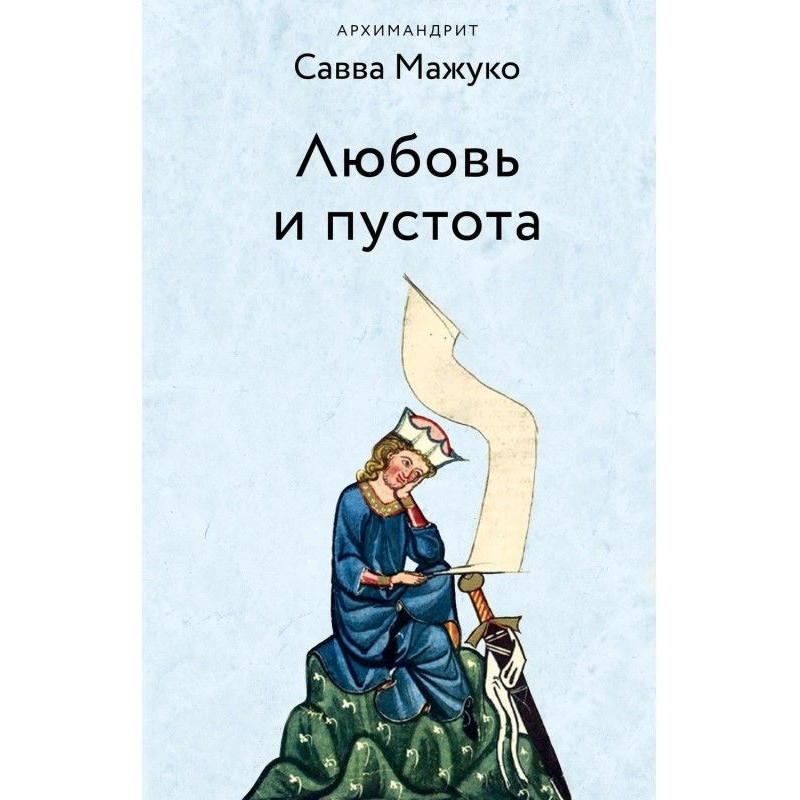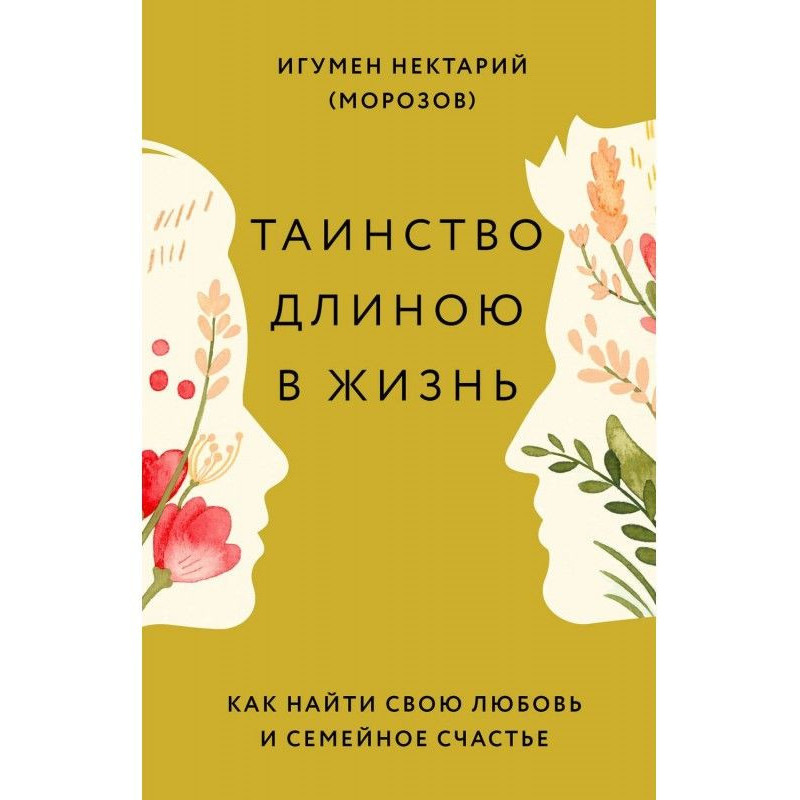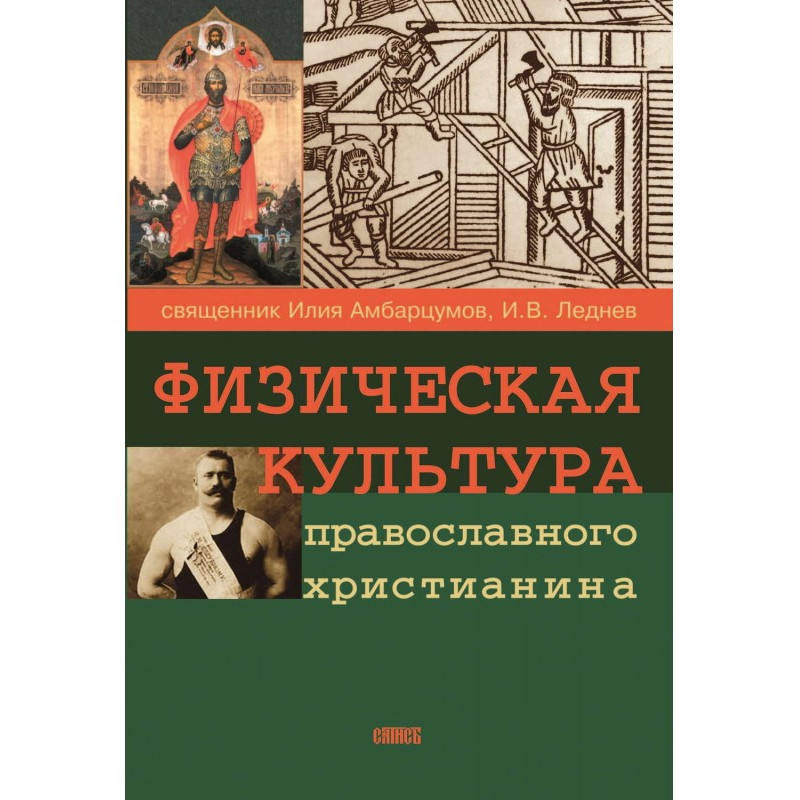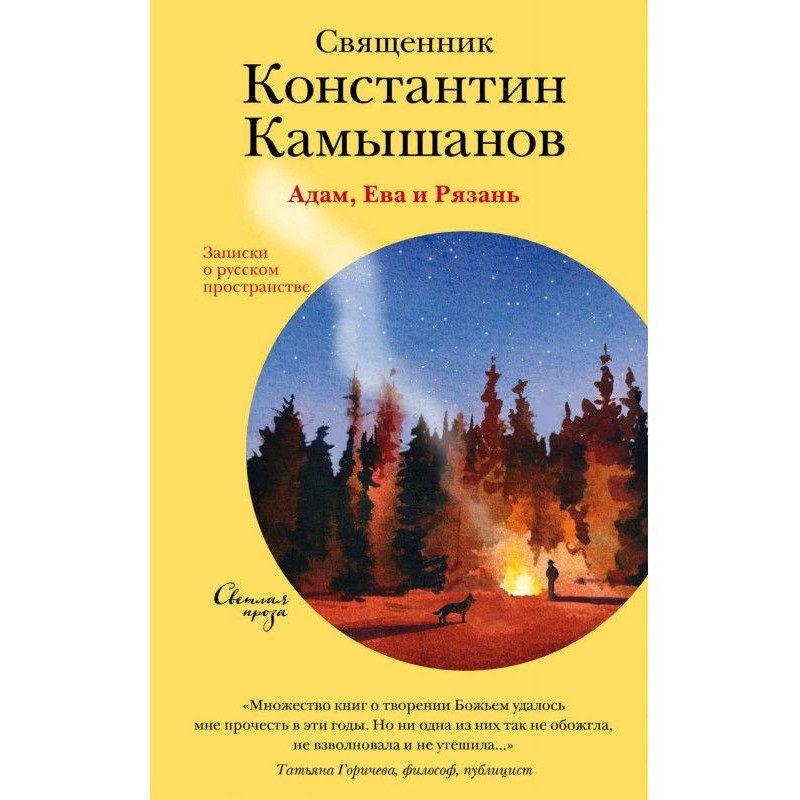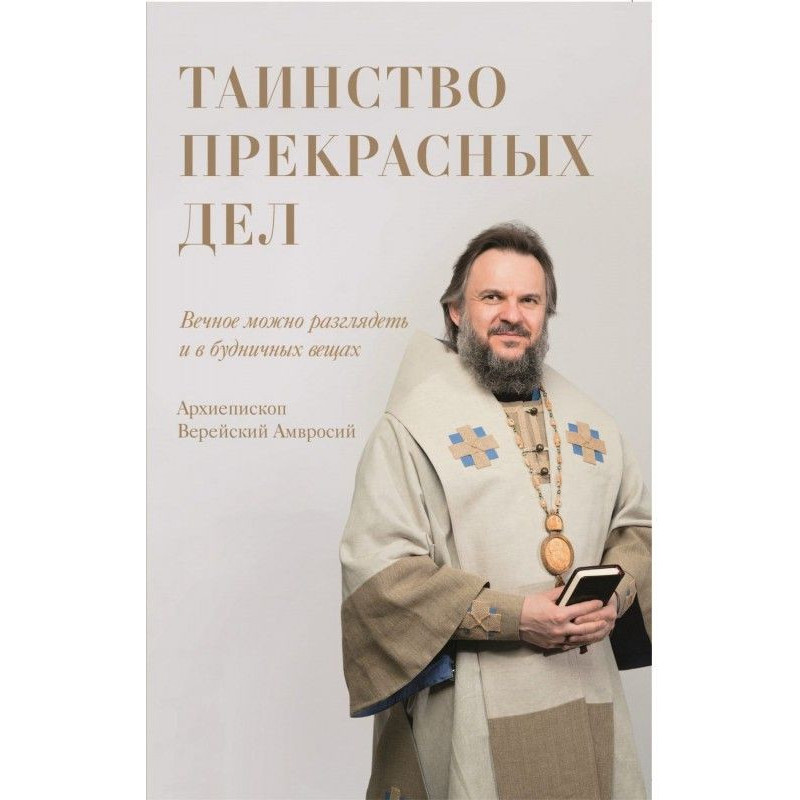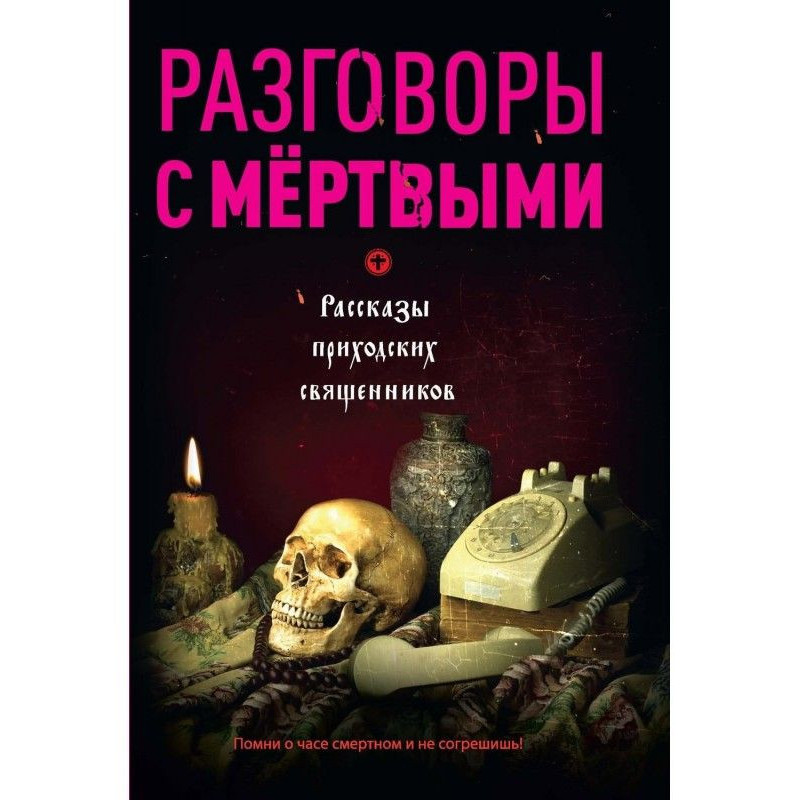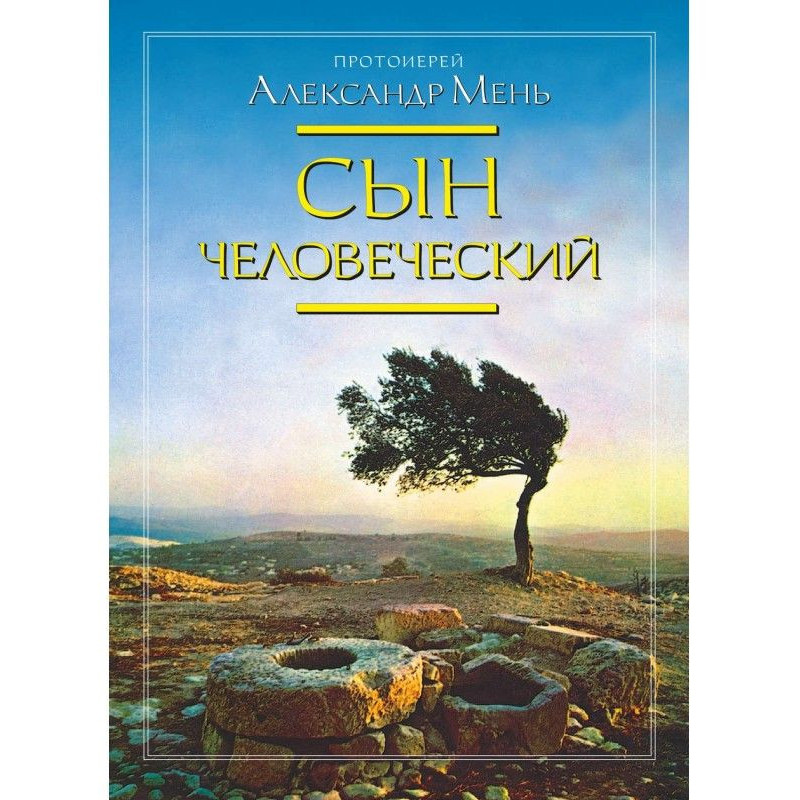Featured Creations
 Instant download
Instant download
after payment (24/7)
 Wide range of formats
Wide range of formats
(for all gadgets)
 Full book
Full book
(including for Apple and Android)
Reverend Maximus the Confessor (580 Constantinople - August 13, 662 Colchis) - Christian monk, theologian and philosopher. He developed Chalcedonian theology to combat the heresy of monothelitism. Opposing the imperial Monothelite “Typos of Faith,” he went to Rome, where he contributed to the convening of the so-called. Lateran Council 649. For his confession he was twice condemned in Constantinople, the second time he was tortured and exiled to Colchis, where he soon died. 18 years later, at the Sixth Ecumenical Council, the theology of Maximus was recognized as being in accordance with the teachings of the Church, and monothelitism was condemned as a heresy. The Church commemorates him on August 13 (in the Greek prologues for this day the transfer of his relics to Constantinople is indicated) and on January 21 according to the Julian calendar.< /p>
From the translatorNot at the moment, it seems such an aspect of the theology of the Orthodox Church that would not be reflected in the works of St. Maximus the Confessor. His figure, as a mystic and contemplator of the ineffable mysteries of the Incarnate Logos, theologian and confessor, rises highly in the history of Christianity. I believe that through the prayers of Rev. Maximus, as well as all the Holy Fathers - the seers of the Uncreated Divine Light, who already here on earth were vouchsafed to become inhabitants of the shining sky, and it became possible to study his complex theology, which is the truest guide and guide for all “possessing [spiritual] vision, (for whom ) the entire intelligible world appears to be mysteriously imprinted on the entire sensory world through symbolic images. And the entire sensory world with spiritual speculation seems to be contained in the entire intelligible world, being known [there] thanks to its logoi” [301]. And also in theology Rev. Maximus the Confessor, all who comprehend sacramental theology find the source for the comprehension of Wisdom, in Which resides the true knowledge of that primal logos of every thing, and of all creation, and of the mysterious existence of the Most Holy Trinity, where all human knowledge ceases, and only the all-blessed knowledge remains in contemplation. “And as far as this is possible for a person here on earth, he unites in sacramental theology with the Silence of the invisible and unknown eloquence of the Divine, becoming what one truly should be who is worthy of being with God and imprinted with His all-bright rays” [302]. Let us consider we are the teaching of the Confessor about the Holy Trinity, Christology, pneumatology, eschatology or other aspects of his complex theology - everywhere we begin to comprehend That Great Teacher of all Christians - the Spirit of Truth, Who abides everywhere with the Confessor, To whom he remained faithful throughout his earthly life and Whom he followed into existence by his confessor's death... Presented Further, the translation of the report of the remarkable scientist-patrologist Panagiotis K. Christou is part of my course work at St. Tikhon’s Theological Institute. In many ways, this translation became possible thanks to the recently published theological works of S.L. Epifanovich and Vl. Lossky, where I was sufficiently able to become acquainted with both modern scientific and theological language and statements on the teachings of St. Maximus the Confessor. And also thanks to the publication of the translation the works of this church father and commentaries on them, masterfully executed by S.L. Epifanovich and A.I. Sidorov. For the materials provided, instructions and invaluable assistance in the work, I would like to thank Prot. Valentin Asmus and M.M. Kedrova. The conference at which this report was made was held in Friborg (Switzerland) from September 2 to 5, 1980 (Maximus Confessor; Actes du Symposium sur Maxime le Confeseur, Friborg, 2–5 September 1980; édités par Felix Heinzer et Christoph Scönborn, Éditions Universitaires, Friborg Suisse, 1982) and brought together leading scientists - representatives of various areas of theology, linguistics and church history, through whose works, as is now becoming clear, the picture of the prayerful and theological heritage of our Saint is becoming more and more more complete. The topic of the report for this conference prompted me to choose the study of the written heritage of Gregory Palamas, which I was preparing for publication with the help of a group of my students in Thessalonica.
Translator's Notes A certain difficulty can be encountered when trying to distinguish between the concepts Face and personality. In established practice, the first is taken to designate the Three Divine Persons of the Blessed Trinity, while the second refers more to the personality of created man. However, since the incarnation of the Lord Jesus Christ was for all created humanity a perfect example of the hypostatic union of the Divine and human natures, theosis, the deification of human nature and its transformation, then, as it seems to me, the question of using the concepts Person and personality must be considered in the light of traditional ideas about the transformation of the human personality into the Divine Person through the communication of properties, communicatio idiomatum, in Christ. In the mystery of the Incarnation, the Divine Logos carries out a hypostatic union with human nature. This is the greatest mystery of the Incarnation for the sake of our deification, a mystery predetermined in the eternal council of God, in the foreknowledge of which all created being was created. Rev. Maxim distinguishes two moments and periods: “The Sacrament of the Divine Incarnation” and “the grace of human Deification.” However, in a certain sense, the Hypostasis of the Word through the Incarnation, as it were, becomes from a simple complex (“composite”, sunqetoV), but this “complexity” only means that the single Hypostasis is immediately and inseparably a hypostasis for both (unmerged and unchanging) united natures. “Complexity” lies precisely in the combination of natures that remain without any change in natural properties. The Incarnation is the “ineffable condescension of God” (kenosis), but is not the “impoverishment of the Divine.” And the human in the hypostasis of the Word does not cease to be “consubstantial” with us. Consequently, natures remain different and dissimilar. Their “difference” is not interrupted by the connection and is preserved in that inextricable and unrelenting mutual communication (“contact”, pericwrhsiV eiV allhlaV), which is established by the connection. And this “union” becomes understandable in accordance with the creeds of the IV Ecumenical Council that “deification in Christ means an inextricable connection, perfect agreement and unity.” “Inseparability”, i.e. always in communication with each other, since Christ, being God, “immutably made man,” acts always and in everything “not only as God and in his Divinity, but also as a man, in his humanity. In other words, all Divine life involves humanity, and is manifested and exuded through it. This is “a new and ineffable way of revealing the natural actions of Christ” - an inseparable connection, however, without any change or derogation in what is characteristic of each nature, that is, “unchangeable.” This unity is realized so completely in the duality of natures because human nature is generally a similarity to the Divine. And here Rev. Maxim first of all sees the unity of life, the unity of the Face. / A.V. Kartashov “Ecumenical Councils”, G.V. Florovsky “Eastern Fathers of the V – VIII centuries”, S.L. Epifanovich "Rev. Maksim Confessor and Byzantine Theology.”/In the oros of the cathedral, the definitions of faith of the Ecumenical Councils were repeated: Nicaea, Constantinople, the main part of Chalcedon, with additions from the oros of the V Ecumenical Council, and, finally, a new definition of faith: “We also preach, according to the teaching of the holy fathers, that in He (Jesus Christ) and two natural wills, and two natural desires, and two natural actions are inseparable, unchangeable, inseparable, unmerged. And two natural wills, not opposed to one another, as the wicked heretics said - let it not be! But His human desire does not contradict (u003d does not actually stand in opposition) and does not oppose (u003d does not deliberately resist), but follows or, better said, is subject to His Divine and omnipotent desire” (i.e., the human will in Christ not contrary, but submissive to His Divine will). In this matter (the doctrine of two wills), Rev. Maximus introduces his famous distinction between natural and gnomic (elective) will. Will is a property of rational nature. “The power of striving for what is in accordance with nature, embracing in itself all the properties that essentially belong to nature,” defines Maxim. “Reasonable” nature cannot but be strong-willed. We (all created humanity) by nature have a natural will, the implementation of which depends on our choice, carried out by the gnomic will. Freedom and will are not arbitrariness. True freedom is the undivided, unshakable, integral aspiration and attraction of the soul towards the Good. Gnomic will is not a property of nature, but is a property of the individual. Adam in Paradise had natural will and ate from the tree of life. When he ate from the tree of the knowledge of good and evil, his natural will became gnomic. The difficulty and contradiction in Christ’s assimilation of the human will lies in the fact that, since He is the incarnate Divine Word, it follows from this that He was not able to sin. At the same time, He (Jesus Christ) experienced everything that leads to sin in an ordinary person. And the description of Christ’s behavior in the Gospel indicates the presence of human existential will in Him (temptation in the desert, the struggle in Gethsemane, etc.). He faced all the adversities of human existence and did not succumb to them. Salvation would not have been accomplished if all human nature, including the human will, had not been accepted and healed, but this is the nature of the primordial. IN There is no hesitation or contradiction in the human will of Christ. It is internally unified and internally consistent with the will of the Divine. There is no (and there cannot be!) a clash or struggle between two natural wills, for human nature is the creation of God, it is the fulfilled will of God. Therefore, in Maximus’ system, Christ has a natural human will, but He does not have a gnomic will, since it presupposes the inevitability of sin. Here the secret of the Incarnation is that the Divine Word, Logos, possessing all the properties of the Divine nature, including energy and will, at the same time possesses and all the properties of human nature. Due to the Divine-human unity of His Person, all His human properties follow the Divine. In a sense, human action and will in Christ were higher or beyond nature. “For through the hypostatic union she was completely deified, which is why she was completely uninvolved in sin.” In the depiction of St. Maxim Christ's human nature turns out to be especially active, active and free. And this applies most of all to redemptive suffering. It was free passion, free acceptance and fulfillment of the Divine will. /A.V. Kartashov “Ecumenical Councils”, G.V. Florovsky “Eastern Fathers of the V–VIII centuries”, Prot. John Meyendorff “Introduction to Patristic Theology”/.
Translation into Russian by Archimandrite Ambrose (Pogodin) from Migne. Patrologiae Cursus completus. Series Graeca, vol. 91:col. 544–553. Published by: Archimandrite Ambrose (Pogodin). Saint Mark of Ephesus and the Union of Florence. Holy Trinity Monastery, Jordanville, N.Y. 1963 // Publisher “POSAD”
In the end, about those who want to change, for the pillars of David, for the teaching, when you burned the middle of Syria, and Syria of Sobal, and Joab returned and smote Edom into the wilds of Soleil, 12 thousand.
Data sheet
- Name of the Author
- Преподобный Максим Исповедник
- Language
- Russian
Reviews
Глибокий та важливий твір
Книга "Вибрані твори" преподобного Максима Сповідника є справжнім скарбом для всіх, хто цікавиться християнським богослов'ям та філософією. Автор, зокрема, розвиває халкідонське богослов'я, що є надзвичайно актуальним у наш час, коли питання віри і розуміння природи Христа залишаються в центрі богословських дискусій. Його твори не лише пропонують глибоке розуміння таїнств віри, але й спонукають до роздумів про власну духовність. Читання цих текстів відкриває нові горизонти у сприйнятті божественного, а також допомагає зрозуміти, як важливо залишатися вірним своїм переконанням, навіть у найскладніші часи. Я вважаю, що ця книга повинна бути в бібліотеці кожного, хто прагне глибше зрозуміти християнську віру та її основи.

